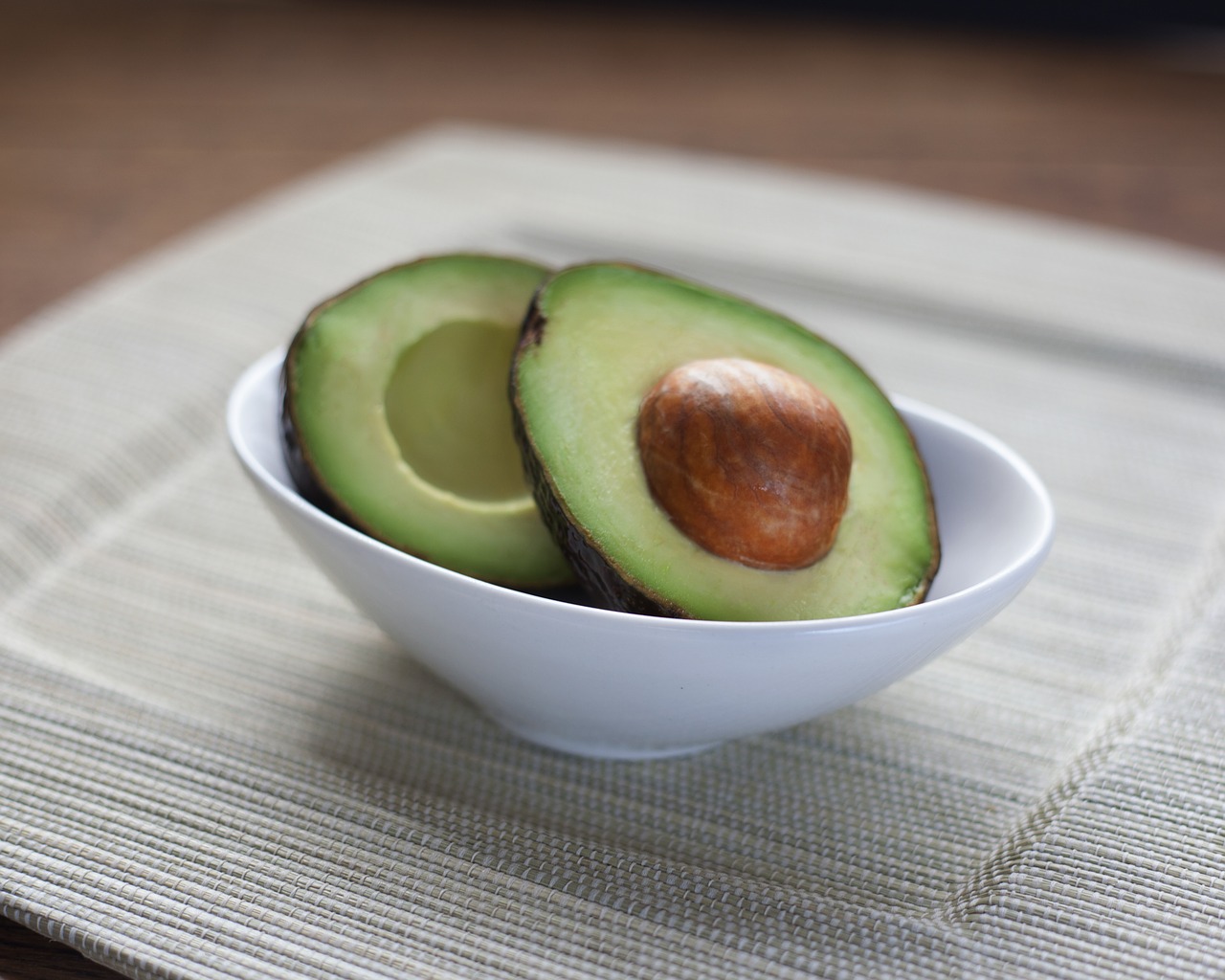
With their creamy and rich texture, avocados are truly nature's butter. One of the healthiest fruit, avocadoes are rich in monounsaturated healthy fats, in particular oleic acid which, means they are beneficial in maintaining healthy cholesterol levels and reducing inflammation. Among its health benefits, avocadoes can support immune system function, benefit eye health, aid in weight loss and appetite regulation, maintain healthy blood pressure and keep our good gut bacteria happy. This is because avocadoes are ladden with nutrients such as potassium, vitamins E and C, folate, fibre, and the antioxidants lutein and zeaxanthin to name a few.
If you're trying to loose weight, avocados are a great food to incorporate into your eating plan as they can help you feel fuller longer, due to their healthy fat and fibre content. Just remember to stick to reasonable portions (one quarter to one half of an avocado per day) as avocadoes are high in calories.
Avocadoes are versatile and easy to incorporate in the diet. Try them as 'butter' on toast, as a dip, or adding them in salads. Adding avocado or avocado oil to a salad or steamed vegetables, also means higher nutrient absorption from these foods.
For something a little different, try this gluten-free and vegan, avocado and chocolate mousse:
Avocado & Chocolate Mousse
(adapted from I Quit Sugar recipe book)
Ingredients
2 ripe avocados
270 ml coconut cream
1/4-1/2 cup raw cacao powder
1 tablespoon of chia seeds
3-4 teaspoons of rapadura sugar
1 teaspoon vanilla extract
1/2 teaspoon groud cinnamon
pinch of seal salt
Method
Whiz all the ingredients in a food processor until smoth.
Scoop the mousse into small serving dishes, such as ramekins or tea cups and put in fridge to chill for at least two hours.
Serves 4-6
Buying tip
Buy avocados that feel slightly firm but gve a little when you press them.
If unripe, place the avocado inside a brown paper bag with a ripe banana for one-two days. The ripe banana releases the natural chemical ethylene which helps to accelarate the ripening process of the avocado. Once ripened, place in fridge or use straight away.
References
Aburto, N.J., Hanson, S., Gutierrez, H., Hooper, L., Elliott, P. and Cappuccio, F.P., 2013. Effect of increased potassium intake on cardiovascular risk factors and disease: systematic review and meta-analyses.
Burton-Freeman, B., 2000. Dietary fiber and energy regulation. The Journal of Nutrition, 130(2), pp.272-275.
Hyman, M 2016, Eat Fat Get Thin, Hodder & Stoughton, UK
nutritiondata.self.com
Pereira, M.A., O'Reilly, E., Augustsson, K., Fraser, G.E., Goldbourt, U., Heitmann, B.L., Hallmans, G., Knekt, P., Liu, S., Pietinen, P. and Spiegelman, D., 2004. Dietary fiber and risk of coronary heart disease: a pooled analysis of cohort studies. Archives of Internal Medicine, 164(4), pp.370-376.
Unlu, N.Z., Bohn, T., Clinton, S.K. and Schwartz, S.J., 2005. Carotenoid absorption from salad and salsa by humans is enhanced by the addition of avocado or avocado oil. The Journal of Nutrition, 135(3), pp.431-436.
Wien, M., Haddad, E., Oda, K. and Sabaté, J., 2013. A randomized 3x3 crossover study to evaluate the effect of Hass avocado intake on post-ingestive satiety, glucose and insulin levels, and subsequent energy intake in overweight adults. Nutrition journal, 12(1), p.1.
Wilson, S 2013, I Quit Sugar, Pan Macmillan Australia Pty Limited, Sydney.